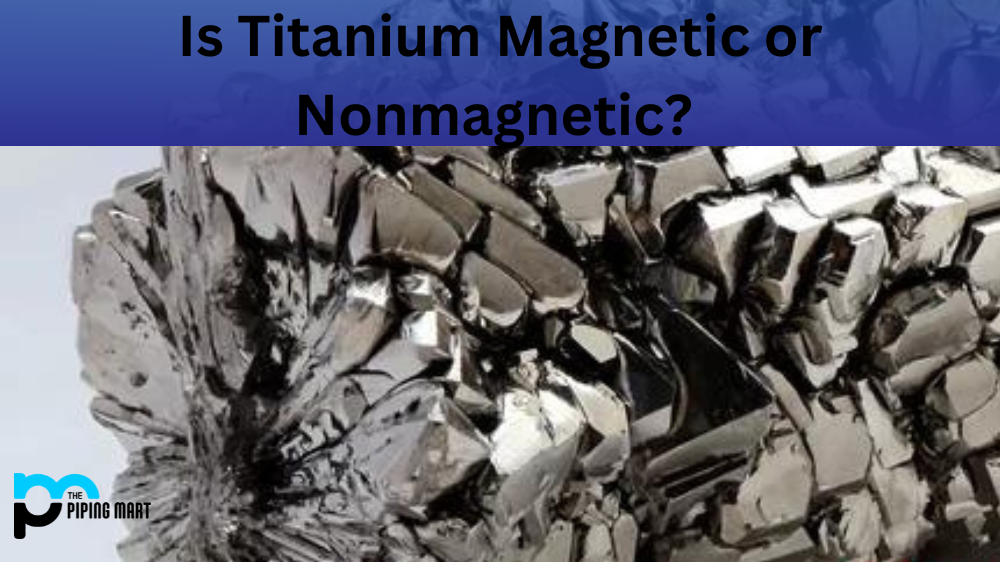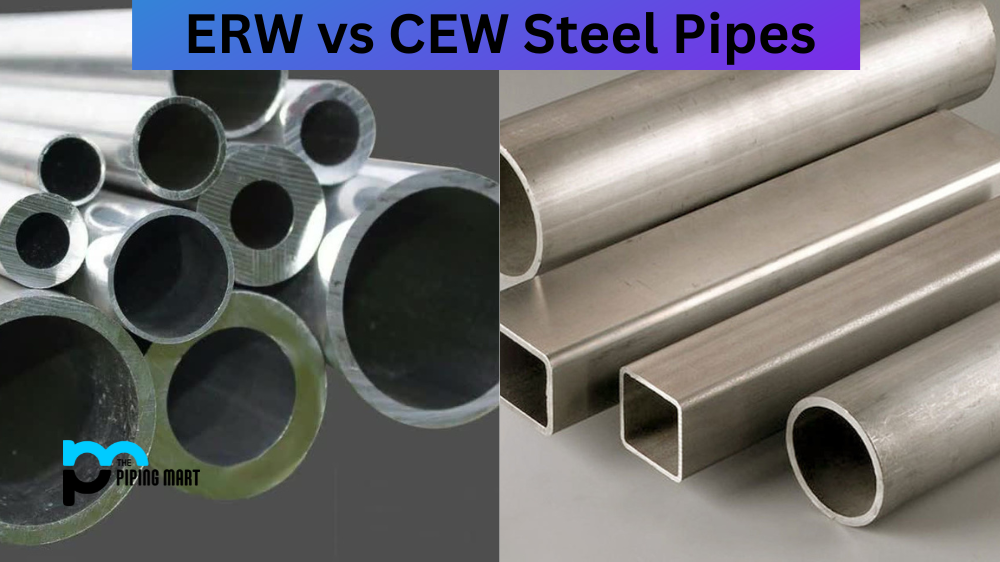If you’ve ever wondered if titanium is magnetic or nonmagnetic, you’re not alone. Titanium is known for its strength and durability, so it’s no surprise that many people are curious about its properties. Let’s look at the answer to this question and explore why it matters.
Titanium is a metal that is nonmagnetic, meaning it does not respond to magnets. It is also resistant to corrosion and wear, making it an ideal material for various applications, including medical implants, aerospace components, and jewelry. This makes titanium an attractive choice when considering metals for projects because of its strength and durability.
Why It Matters
In some cases, whether or not a metal is magnetic can be important in determining what application it can be used for. For instance, in the medical field, titanium has become a popular choice for implants because of its non-reactive nature; since titanium isn’t magnetic, it won’t interact with other metals or electronic equipment within the body. Additionally, since titanium isn’t magnetic nor reactive to most chemicals and solvents, it can be used in various industrial processes without fear of corrosion or contamination.
Conclusion:
Titanium is an incredibly strong and durable metal widely used across various industries due to its versatility and resistance to corrosion and wear. In addition to these qualities, one of the most important things about titanium is that it is nonmagnetic; this means that titanium can be safely used in applications where magnets may interfere with another metal or machinery without worry. Whether you’re looking for something for a medical procedure or industrial application, knowing whether titanium is magnetic or nonmagnetic can help you decide what material will best suit your needs!

A passionate metal industry expert and blogger. With over 5 years of experience in the field, Palak brings a wealth of knowledge and insight to her writing. Whether discussing the latest trends in the metal industry or sharing tips, she is dedicated to helping others succeed in the metal industry.




